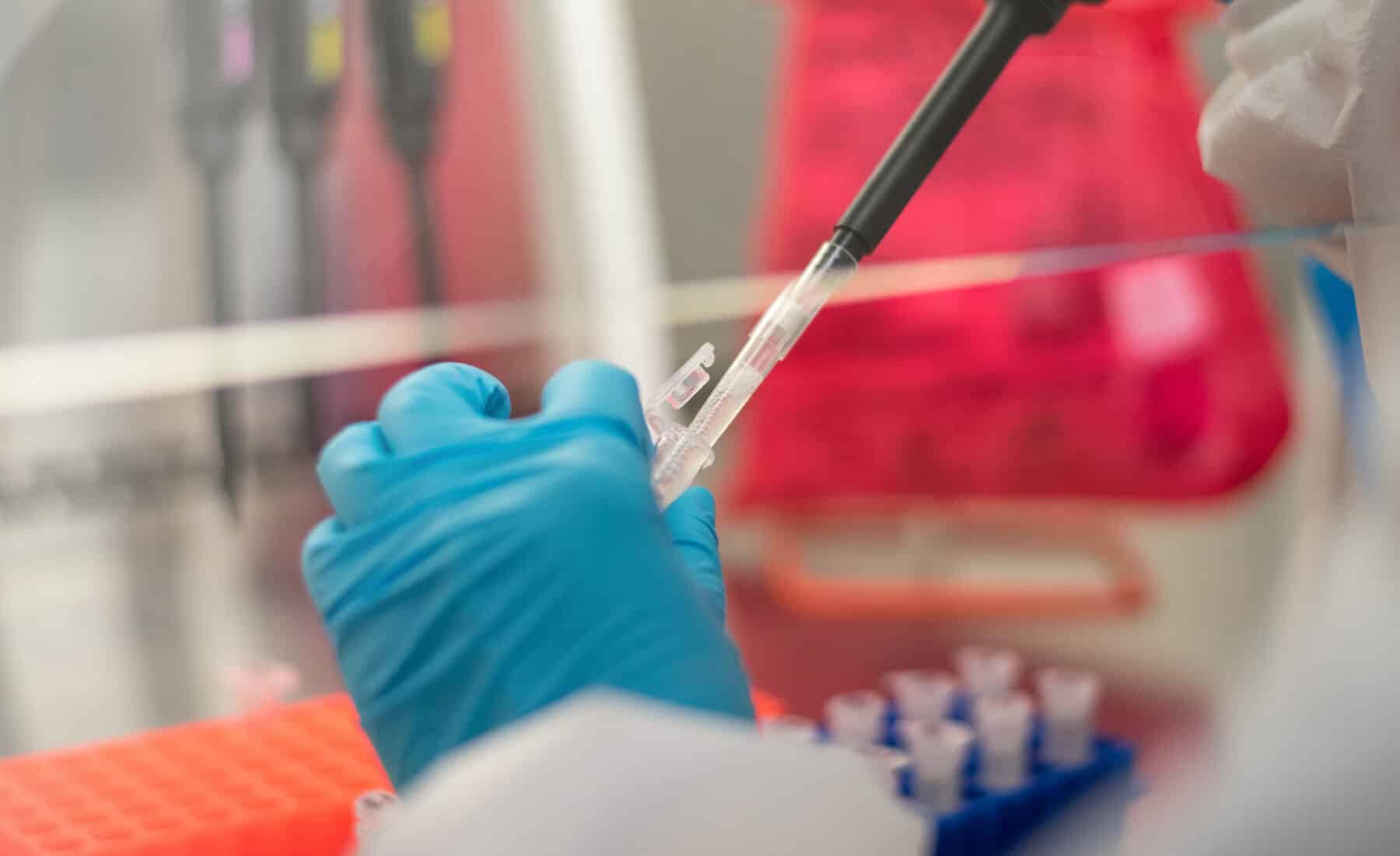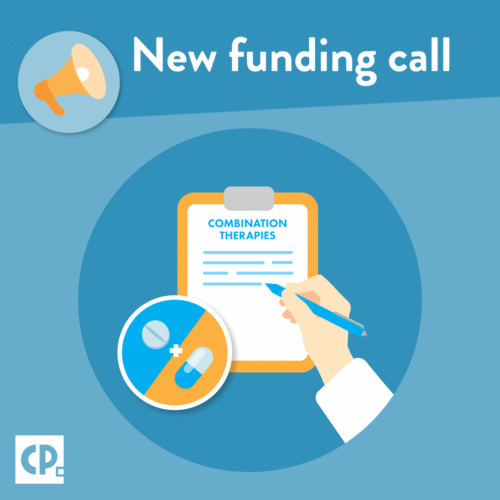Why study lithium in Parkinson’s?
Early laboratory research suggests that lithium at very low doses may help protect against the loss of dopamine nerve cells (neurons) seen in Parkinson’s. In 2019, Dr Guttuso conducted a small pilot study to explore this potential benefit in people with Parkinson’s. The results were promising, indicating that lithium had a positive effect on the trial participants. Because of this, in 2022, low-dose lithium was prioritised by the International Linked Clinical Trials (iLCT) programme – a drug development initiative set up in partnership between Cure Parkinson’s and VAI to support the testing of drugs with the potential to slow or stop Parkinson’s.
Overall, the trial aims to provide the information needed to determine whether low-dose lithium should continue to be further tested in clinical trials for Parkinson’s.
Parkinson’s is an immensely complex disorder that requires an equally sophisticated approach to seeking treatments that slow or stop progression. International Linked Clinical Trials enables us to prioritize medications like lithium that are known to treat other diseases and that may have use in Parkinson’s. This phase 1b trial will be an important step in evaluating lithium’s potential use in impeding disease progression, and we look forward to the results.
Dr Darren Moore, chair of VAI’s Department of Neurodegenerative Science and member of the iLCT Committee
Research reported in this publication is supported in part by the US National Center for Advancing Translational Sciences of the National Institutes of Health under award no. UL1TR001412. The content is solely the responsibility of the authors and does not necessarily represent the official views of the US National Institutes of Health or other funders.





